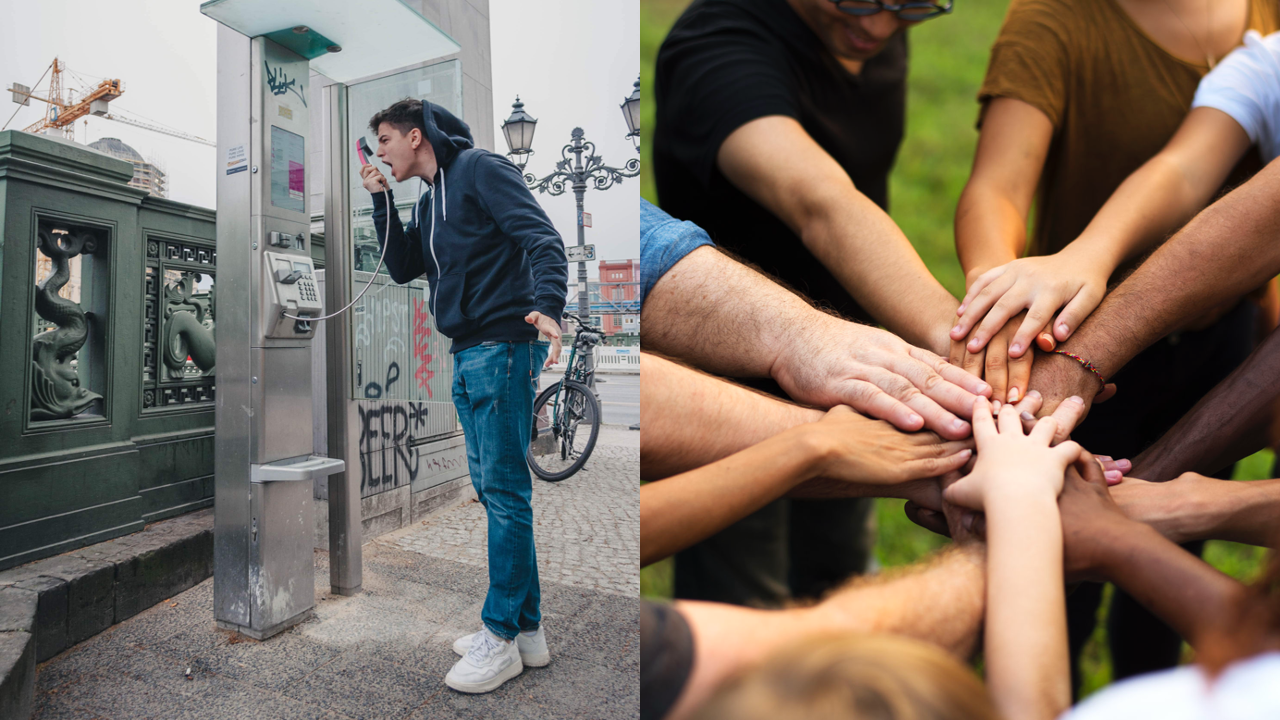Retaliation, or Restorative Accountability?

There is something deeper, existing underneath the impulse to retaliate. There is a deeper instinct of justice that is at once ancient, yet more evolved. I believe that restoration, the restorative instinct, is part of our DNA. Restoration, perhaps, is our species’ original justice sensibility. It has to be or we wouldn’t have survived as a species.
This deeper instinct comes not only from a place of compassion, but from pragmatism. Perhaps this is what Mahatmas Gandhi meant when he uttered his famous quote “An eye for an eye makes the whole world blind.” Retaliation doesn’t make sense. It doesn’t solve problems. It doesn’t heal. It only continues the cycle of violence.
This does not mean that the retaliatory impulse isn’t gratifying on some level. But that level is superficial, momentary, incomplete, and does not, will not, lead to authentic satisfaction. Retaliation is about vengeance. Retaliation perpetuates retaliation.
Retaliation is a very human initial response to reclaiming power. We very humanly fall into a false and wounded belief that the reclamation of power – the antidote to our own false belief of powerlessness - requires the forceful overpowering of the other. When this happens, and we choose force and violence over dialogue, we don’t evolve. Nothing really changes.
What I’ve experienced in restorative dialogues is that while people often enter the dialogue shackled with resentment and a punitive mindset and hellbent on retribution, this mindset begins to dissolve once the imperfectness of being human is revealed. In roughly 98% of the mediations I’ve facilitated over the years, once we see the woundedness of the other – which compelled their violence or deceit, we understand. We see “the reason why.” And if we frame their behavior as an attempt to matter, then this understanding shines a light on the possibility of authentic change – both in ourselves, and in our relationship with the other and our communities. It’s a profound realization of the inescapable reality of interdependence. Can society be far behind?
All of sudden, violations, injustices, situations and incidents of harm – even abuse become restorative potentials. The restorative approach to justice shines a light on what is possible not only in mending human relationships, but liberating us from our impulse to punish in retaliation. It heals bitterness and resentment through accountability, understanding and reparation. It’s a different type of accountability.
It’s an accountability that gets to the root cause of injustice. It’s a different paradigm of accountability – one that is unflinching in its fearless commitment to expose the underlying reasons and motivations for human violation. In this paradigm, accountability becomes the “ability to account”, and it is not an outcome so much as an ongoing process of investigation and discovery.

